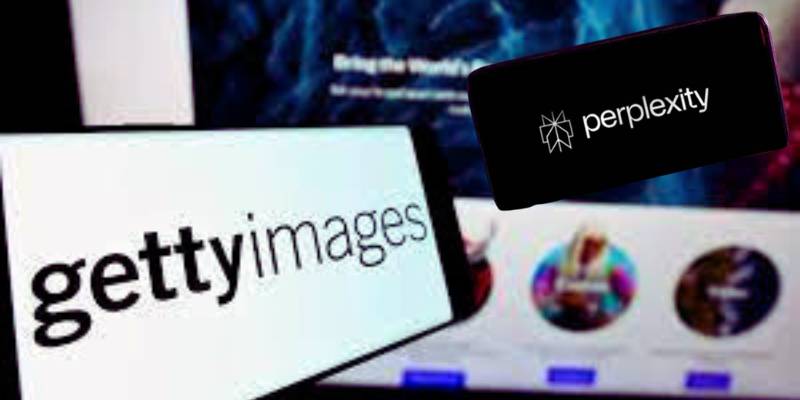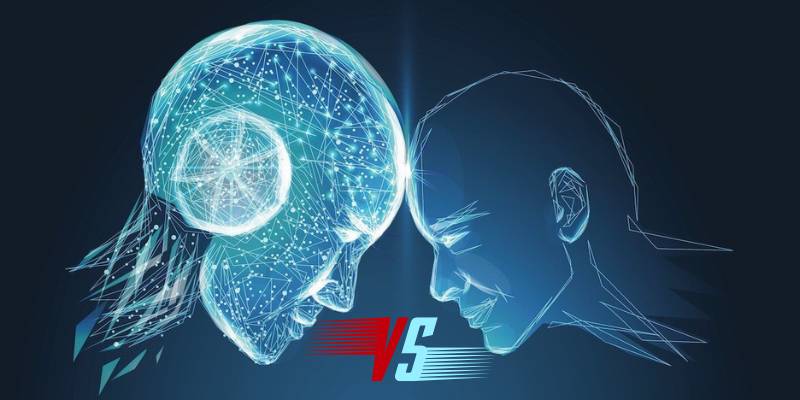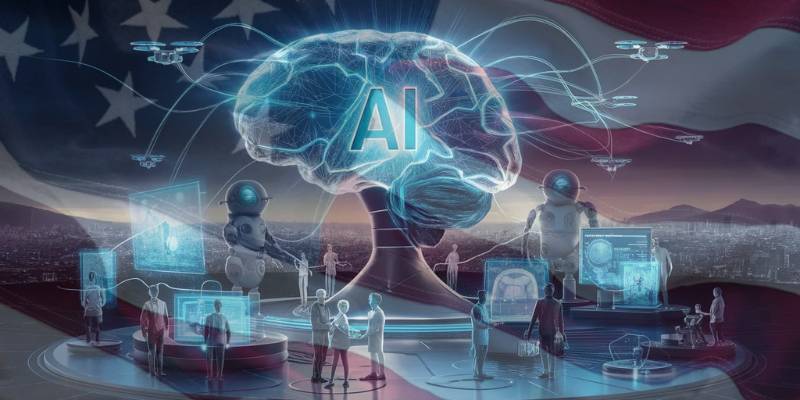Getty Images just struck gold in the AI world. The stock-photo giant has signed a multi-year licensing deal with Perplexity AI — one that will allow the startup to use Getty’s vast library of creative and editorial visuals to power its fast-growing AI search engine.
In a move that investors loved, Getty’s shares reportedly jumped almost 50% after the announcement, showing that Wall Street still believes visuals matter in an increasingly text-driven AI race.
The deal, revealed in a Reuters report, marks one of the clearest signs yet that AI companies are finally willing to pay content creators instead of scraping them.
It’s a fascinating twist. Instead of the usual legal spats over image rights, this agreement opens a new front — collaboration.
Perplexity will be able to embed premium, licensed images directly within its search answers, each with clear attribution and links back to Getty.
In practical terms, that means when you ask Perplexity something like “What’s happening at Paris Fashion Week?”, you might see verified Getty photos right next to the explanation, not random internet grabs. This level of quality control could change how people trust AI-generated information.
What really caught my attention is that Getty has been preparing for this for a while. Just earlier this year, it backed an AI-image generator called Bria, designed to use ethically sourced visuals and artist-approved data, part of a larger shift toward “responsible training.”
That development was covered in depth when Getty-backed Bria raised new funding to expand its image-generation tech.
This is not a coincidence — Getty clearly sees the writing on the wall and wants to be the supplier, not the plaintiff, in the next phase of AI’s data economy.
The Perplexity side of this story is just as interesting. The company has been shaking up the AI search space with a conversational engine that blends large language models with real-time web data.
Recently, it’s been striking content partnerships with traditional media outlets — for instance, adding The Independent and The Los Angeles Times to its growing publisher program to improve citation quality and reduce misinformation.
That initiative was described in detail when Perplexity expanded its network of verified media partners. Aligning with Getty fits perfectly into that mission of trust and transparency.
And if you’re wondering how this looks from the AI industry’s wider lens, other observers have already noted that the deal puts new pressure on rivals.
A recent analysis from Channel News Asia pointed out that the agreement could set a standard for how AI firms handle intellectual property — by paying for high-quality data instead of fighting over it.
In a world where AI models are often accused of “stealing the internet,” that’s a refreshing turn.
Personally, I see this as the start of a bigger trend — where data licensing becomes the backbone of AI development.
For decades, content was treated like free air on the web; now, it’s suddenly the new oil. Deals like this mean the next generation of AI systems might finally be built on permission, not plunder. Still, I can’t help but wonder: will smaller artists and independent photographers ever get a seat at this table, or will the giants keep trading data among themselves?
Either way, the message is clear — AI’s future is going to be as much about what it shows as what it says. And Getty just made sure it will be right at the center of that story.


